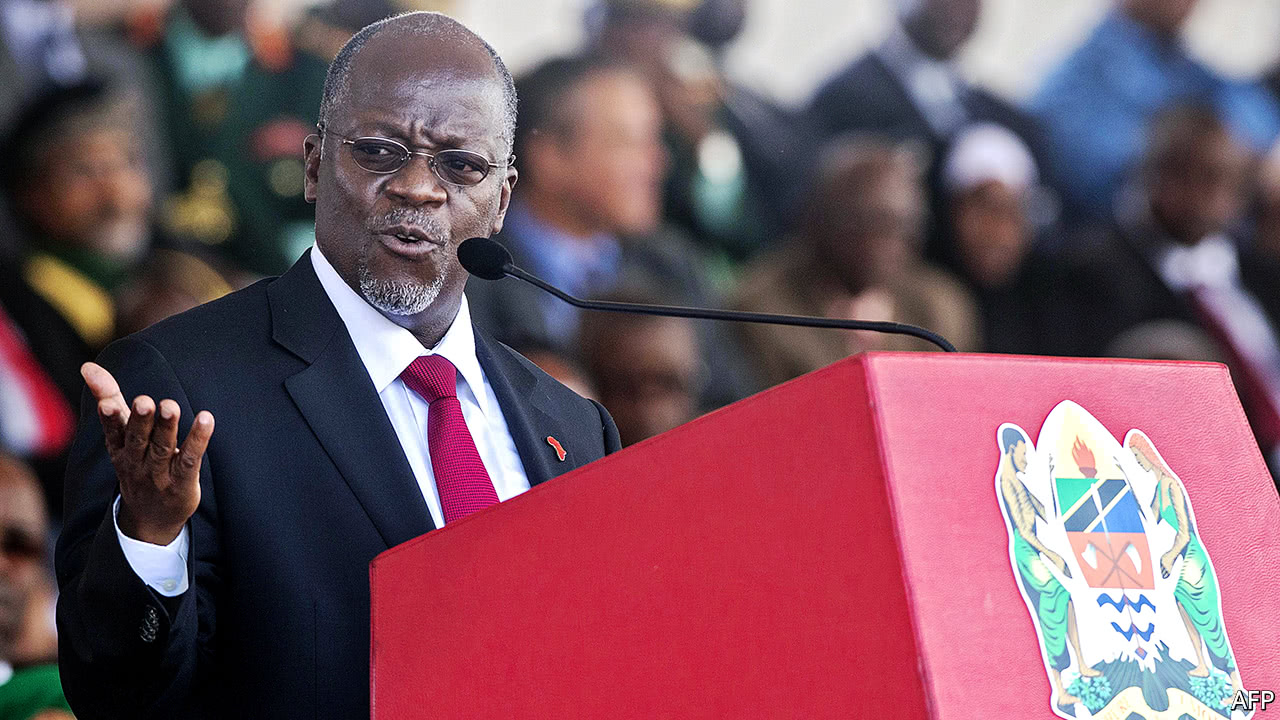jingalao
JF-Expert Member
- Oct 12, 2011
- 35,053
- 28,245
Following Mwalimu Nyerere footsteps is the most precious thing most of Tanzanians would expect to see from any president in office.
By ignoring Mwalimu Nyerere's legacy Tanzania has remained poor despite having many and unique resources like Tanzanite,Gold,Diamonds mentioning a few.
The author is like a howler monkey who pretends to scavanger for bad news against Magufuli.
By ignoring Mwalimu Nyerere's legacy Tanzania has remained poor despite having many and unique resources like Tanzanite,Gold,Diamonds mentioning a few.
The author is like a howler monkey who pretends to scavanger for bad news against Magufuli.
